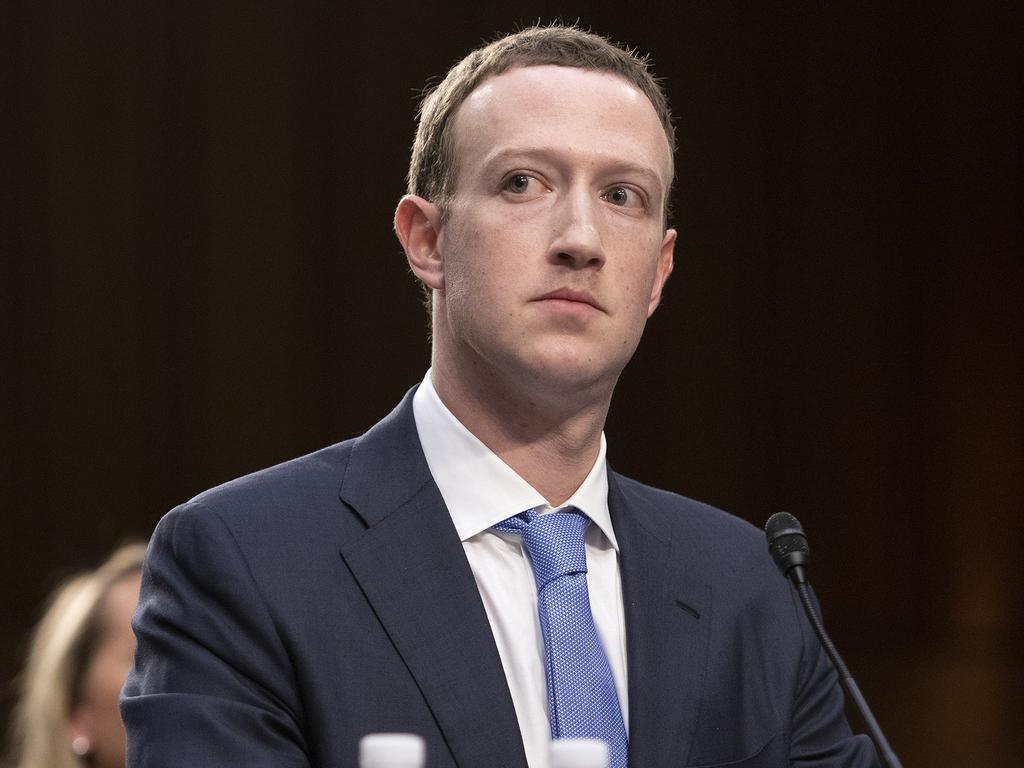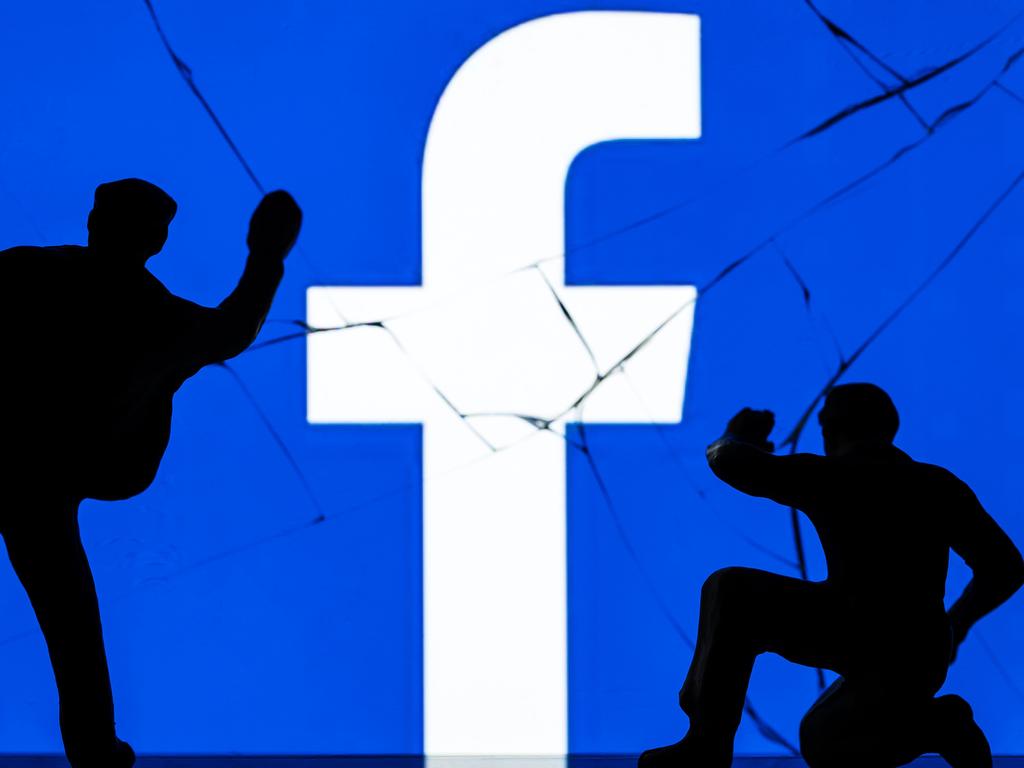Facebook exec drops big hint on future of news ban
After wiping all traces of news from the feeds of Aussie Facebook users, a senior exec has apologised for the tech giant’s “mistakes,” while hinting at what’s to come.
After prohibiting Australian users from accessing news on Facebook, a senior executive at the social media company has apologised for the execution of the ban which also wiped the pages of government organisations, charities and other community pages.
This comes as Prime Minister Scott Morrison said the tech bohemoth is “back at the table” and willing to negotiate after its “completely indefensible” actions.
“Those actions were completely indefensible. We appreciate the apology. Now let’s get on with discussion and come to a successful conclusion,” he told media on Saturday.
“We are no strangers in taking the lead on this and we are pleased Facebook is tentatively friending us again.”
Speaking to theSydney Morning Herald, Facebook’s vice-president of public policy for the Asia-Pacific region, Simon Milner said the future of the news ban will be dictated by the federal government’s next steps. This comes as Treasurer Josh Frydenberg confirmed he was in crisis talks with the Chief Executive Officer of Facebook, Mark Zuckerberg.
“This is a really hard thing to do. We’ve never done it before. We are sorry for the mistakes we made in some of the implementation,” said Mr Milner.
RELATED: Facebook’s astonishing insult to Aussies
RELATED: Facebook could be charged over news ban

Key criticism of the ban originated from the fact that hundreds of non-publisher pages were also removed in the ban. In response to their mistake, Facebook is now using human reviewers to manually return the feeds of non newsites, with the pages of key organisations like the Bureau of Meteorology, SA Health, Department of Fire and Emergency Services WA and Queensland Health restored.
“There’s still some pages that we’re looking at but some of it’s really difficult in that the law isn’t clear and therefore there may be some pages that were clearly not news but actually under the law they might be,” continued Mr Milner. “That’s one of the challenges for us. We’re sorry for the mistakes that we made on that front.”
Facebook’s dramatic plan is in retaliation to the federal government’s proposed Mandatory News Media Bargaining Code which would force Google and Facebook to pay news outlets for using their content. Currently the laws would only apply to Facebook’s News Feed and Google’s Search services, however other platforms could also be added to the list at a later date.
However in the hours after Facebook launched their dramatic, and highly criticised strategy, Google announced they had secured advertising deals with Nine Entertainment, Seven West Media and Newscorp. The arrangements means publishers would receive “significant payments” in order for their content to be featured on Google’s News Showcase product. Similar agreements are also expected to be struck with other Australian publishers like the ABC, Daily Mail Australia and the Guardian Australia.

And although Mr Morrison said Facebook may be willing to show some leeway, they’ve yet to backtrack or apologise for their unprecedented news shutdown. Releasing a statement on the news ban on Thursday, they criticised the proposed law for “fundamentally” failing to understand how their services work.
“It has left us facing a stark choice: attempt to comply with a law that ignores the realities of this relationship, or stop allowing news content on our services in Australia,” wrote the Managing Director of Facebook Australia & New Zealand, William Easton. “With a heavy heart, we are choosing the latter.”
Mr Easton also accused the Australian Government for penalising Facebook for “content it didn’t take or ask for”.
“Over the last three years we’ve worked with the Australian Government to find a solution that recognises the realities of how our services work,” he continued. “We’ve long worked toward rules that would encourage innovation and collaboration between digital platforms and news organisations.”
Its detractors however stated the ban’s long-term impact could see the site face long term damage, including the potential for class-action lawsuits and prosecution from the hundreds of charities, groups and government agencies caught in its battle with publishers.
Writing a piece for The Conversation, a media and communications lecturer at Swinburne University of Technology Diana Bossio said Australians will view Facebook’s move in context with its past scandals of user privacy breaches and misinformation.
“The reputational damage from blocking important sites that serve Australia’s public interest overnight … undermines the legitimacy of the platform and its claimed civic intentions,” she wrote.
“Facebook’s actions may send a message to the government, but they will also send one to their Australian users.”



